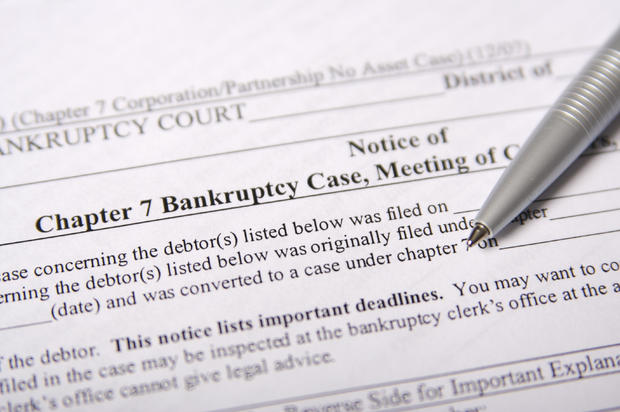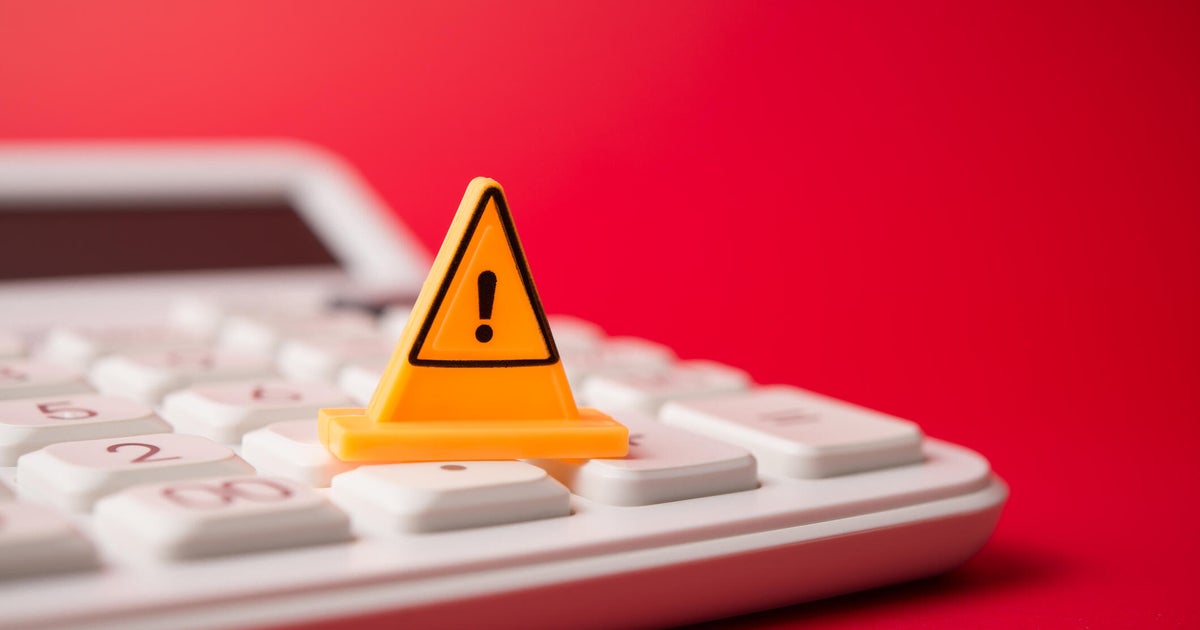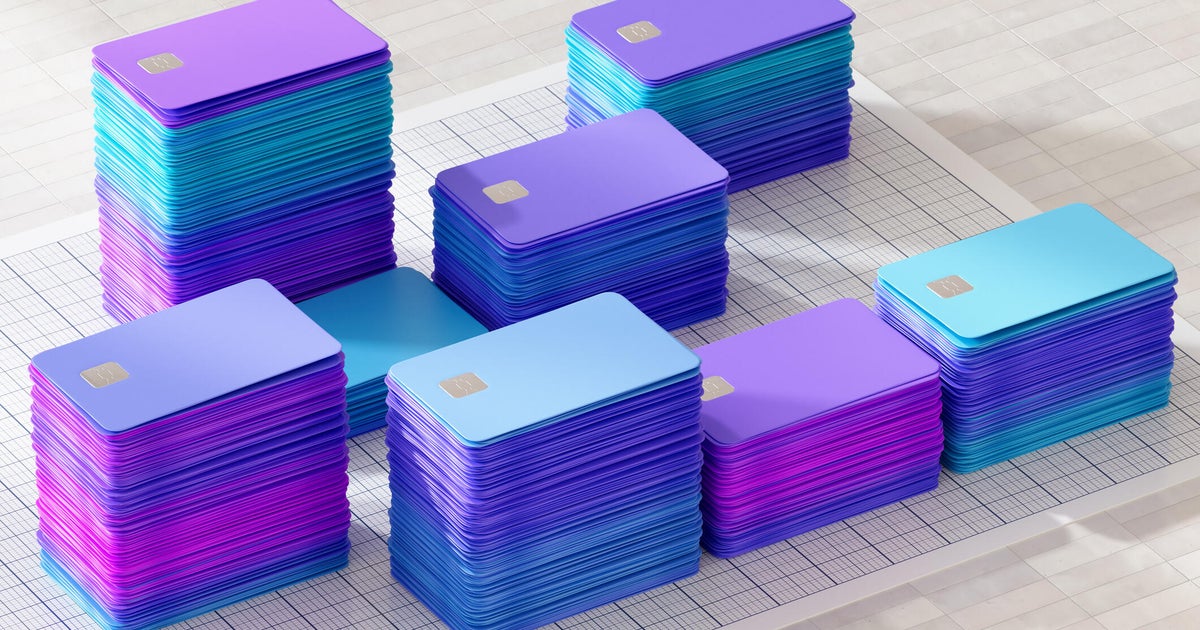5 great ways to avoid bankruptcy
Economic pressures are continuing to squeeze household budgets across the country. And, after the latest report showed an uptick in inflation, the Federal Reserve opted to keep the federal funds rate paused for now.
That's important because the federal funds rate forms the foundation for consumer interest rates. And with the benchmark rate paused at a 23-year high, borrowing costs are up, and so are credit card rates.
If you can't keep up with your growing credit card payments, you may be considering bankruptcy. But while bankruptcy might be a viable option for debt relief, there may be ways to avoid it.
Get in touch with a debt relief expert to learn more about your options now.
5 great ways to avoid bankruptcy
When you're overwhelmed by debt, it may feel like bankruptcy is your only option, but there may be other options, including:
Enroll in a debt relief service
If you can't afford to meet your monthly payment obligations, it could make sense to contact a debt relief company. These services typically help you create a plan to get out of debt without putting too much pressure on your budget.
As part of this plan, debt relief services will usually negotiate your interest rates or principal balances with your lenders. In turn, they may be able to reduce your credit card payments while helping you get out of debt faster than you otherwise would.
Find out how a debt relief service can help you tackle your debt.
Cut spending where possible
You may be able to put your repayment plan into overdrive by cutting your spending. Doing this could free up more money that can be used to pay off your debts.
For example, if you buy lunch out or get a cup of coffee on your way to work daily, preparing your meals and coffee at home instead could save you quite a bit of money over time. You can also consider trading cable services for lower-cost streaming services or find other ways to cut expenses from your budget.
Find ways to increase your income
Increasing your income could also make it possible to pay your debts off faster. Doing so doesn't necessarily mean you need to get a second job, either, though that is an option. But you could also turn a hobby or something you enjoy into an income stream.
For example, if you enjoy painting, consider selling your artwork at a local craft show or listing it for sale online. Or, if you enjoy building and construction, you could take on some handyman projects to put extra money in your pocket. The key is to think about what you enjoy and find a way to turn your hobby into a way to earn more income.
Sell unnecessary assets
Do you have old jewelry in your jewelry box, a car in need of repairs that's just sitting in your driveway or a piece of land you purchased years ago but don't have plans for? Selling these and other assets could give you the money you need to get out of debt.
Stay in communication with your lenders
Ignoring your lenders when they call about your past-due debts isn't the best plan. Rather, it makes more sense to pick up the phone and be honest with them.
If you've already enrolled in a debt relief service, let your lenders know that when they call. Be sure to give them the contact information for your service provider so they can get answers to any questions they have.
If you haven't enrolled in a debt relief service, you may want to explain that you're dealing with financial hardship and intend to pay off your debts when possible. Your lenders may be able to help.
The bottom line
Today's economic landscape can make it difficult for those in debt to get ahead. While bankruptcy may be a way out, there are a few things you may want to try instead before you take that route. Consider enrolling in a debt relief service, cutting your spending, increasing your income and selling some assets to pay off what you owe before filing for bankruptcy. And, be sure to stay in communication with your lenders, as they may be willing to help you when you're unable to afford what you owe.




